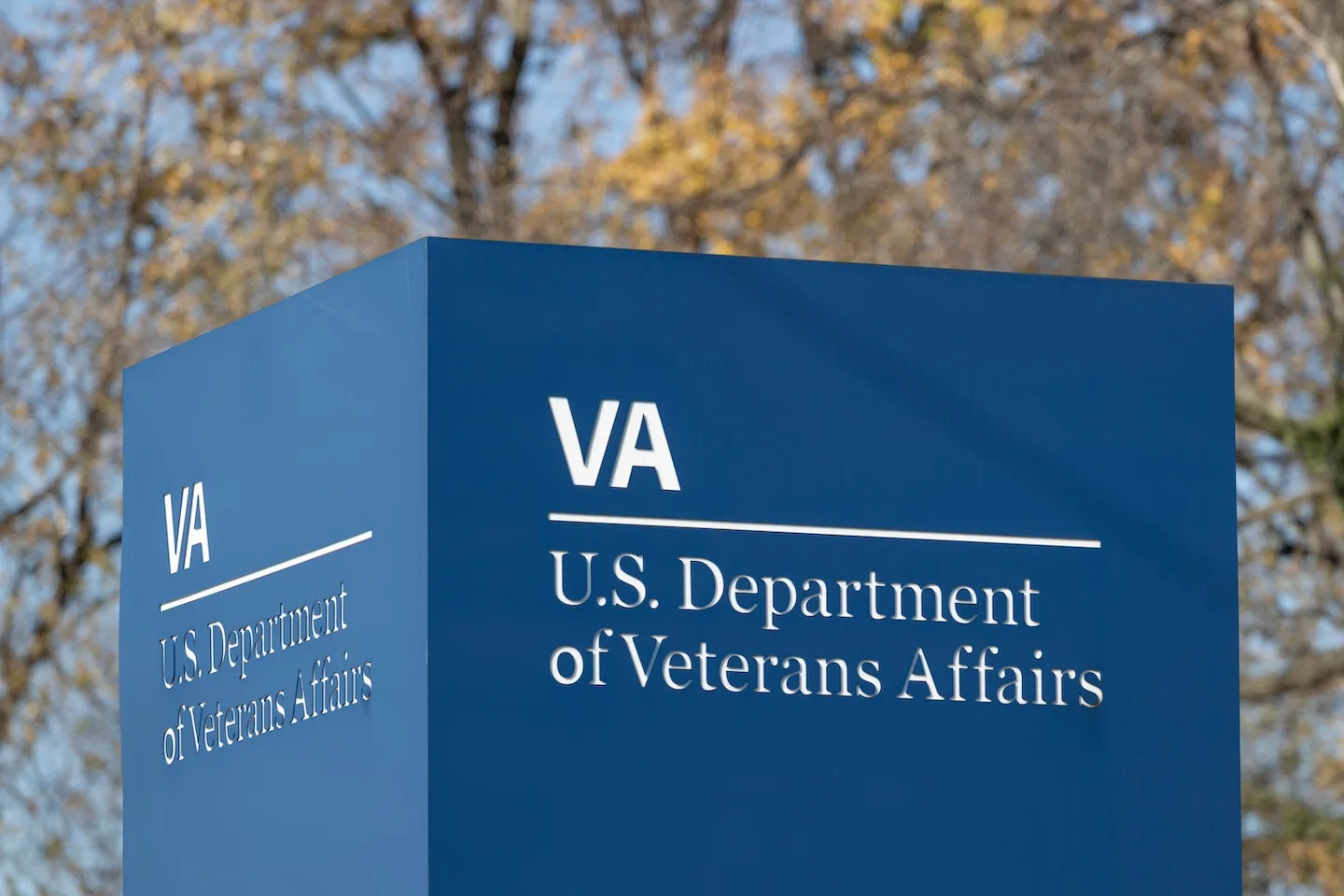Thousands of North Carolinians are struggling with the debilitating grip of substance use disorders (SUD), or more than 10% of the state’s population, according to SAMHSA.
In 2022 alone, over 11 North Carolinians died each day from drug overdose, with roughly 95% of those deaths being accidental.
No matter where you live in North Carolina, addiction knows no bounds, affecting people of all ages, backgrounds, and walks of life.
Despite the urgent need for intervention and support, far too many residents are left without access to the life-saving addiction treatment and resources they desperately need.
With drug abuse on the rise and street drugs being riddled with dangerous opiates like fentanyl, addiction treatment has become even more necessary.
Learn more about the reality of addiction in North Carolina, exploring the staggering statistics and highlighting the pressing need for comprehensive and accessible SUD treatment.
Drug and Alcohol Addiction Rates in North Carolina
Unlike certain medical conditions with clear diagnostic criteria, addiction rates are not always easy to collect and understand.
Some people who struggle with addictions may not recognize or acknowledge their condition, and thus, may not seek treatment or take part in surveys aimed at gathering data on SUD.
However, organizations like the Substance Abuse and Mental Health Services Administration (SAMHSA) conduct household surveys and interviews to understand drug and alcohol addiction among North Carolina’s demographic groups.
Past-month drug use data collected by SAMHSA shows that illicit drug use among persons aged 12 and over ranged from 10.28% to 12.13% in North Carolina between 2021 and 2022.
Although these rates fall within the lowest percentile in America, North Carolina experienced roughly a 33% increase in illicit drug use during the pandemic for the same age group.
This uptake coincides with an increase in reported mental health disorders, like anxiety and depression, disproportionately affecting people of color.
Other factors influencing addiction rates in North Carolina include:
- Socioeconomic status
- Access to healthcare
- Stigma surrounding addiction
- Availability of treatment resources
Additionally, the opioid epidemic has significantly affected addiction rates, with opioid overdose deaths in North Carolina rising by 22% in 2021.
This data offers valuable information for understanding addiction trends and informing public health initiatives.
Factors, like a lack of addiction treatment programs, can be addressed to mitigate drug abuse and its impacts on North Carolina residents and their communities statewide.
North Carolina Addiction Rate Breakdown
Gathering insights into the prevalence of substance use across different age groups in North Carolina provides an understanding of addiction trends within the state.
According to the SAMHSA’s National Survey on Drug Use and Health (NSDUH), the past-month substance use rates among various age demographics includes:
- All past-month substance use in North Carolina (ages 12 and above): 10.28% to 12.13%
- Past-month substance use in North Carolina (ages 12-17): 5.23% to 6.42%
- Past-month substance use in North Carolina (ages 18-25): 18.94% to 21.49%
- Past-month substance use in North Carolina (ages 26 and above): 9.42% to 11.39%
North Carolina Drug Use Rates by Substance
In collecting substance use data, the prevalence of which drugs are being abused most informs the type of addiction treatment that is needed.
NSDUH substance abuse statistics shows which drugs persons aged 12 and older abused in North Carolina. These include:
- Marijuana use in North Carolina: 13.46% to 16.47%
- Cocaine use in North Carolina: 1.17% to 1.37%
- Heroin use in North Carolina: 0.23% to 0.33% (data only for persons aged 18 and older; no data provided for those aged 12 to 17)
- Methamphetamine use in North Carolina: 0.39% to 0.62%
- Prescription drug misuse in North Carolina: 2.24% to 2.67%
- Prescription opioid misuse in North Carolina: 2.68% to 2.85%
- Alcohol misuse in North Carolina: 28.98% to 44.23%
- Tobacco misuse in North Carolina: 12.41% to 16.61%
North Carolina Substance Use Disorder Rates by Substance
In addition to age demographics and drug type, substance use disorders prove to be a significant health risk for residents in recent years.
NSDUH survey data shows the SUD rates by addiction disorder for persons aged 12 and older from 2021 to 2022. These rates include:
- Alcohol use disorder: 7.19% to 8.36%
- Drug use disorder: 13.08% to 15.85%
- Opioid use disorder: 1.40% to 1.59%
- Pain reliever disorder: 1.68% to 1.88%
- Substance use disorder: 7.91% to 9.59%
How Many People Are Facing Overdose in North Carolina?
The number of people facing drug overdose in North Carolina has increased over the past years as the drug, alcohol, and opioid crisis continues to rise.
Overdose death rates for all illicit drugs saw a steep increase in 2020 where 3,454 overdose deaths occurred that year alone. That is a 32.6% increase compared to 2019, the year before the pandemic, with 95% of those overdoses reported as accidental.
Illicit drug and perception opioids were reported to be involved in roughly 82% of drug overdose deaths in North Carolina.
With as many as 52 counties lacking access to opioid addiction treatment centers, this leaves 65% of rural North Carolina without access to treatment at vastly disproportionate rates compared to urban areas.
How Many Overdose Emergency Room Visits Are There in North Carolina?
Overdose emergency room (ER) visits are instances when substance misuse led to life-threatening health outcomes and related medical emergencies.
As of 2021, ER visits for overdose involving medical opiates and illicit drugs increased by 12% or 16,816 visits in North Carolina.
This underscores the importance of improving access to addiction treatment and support services for residents struggling with addiction.
How Many People Need Addiction Treatment in North Carolina?
In North Carolina, the need for addiction treatment is significant and widespread.
Anyone battling a substance use disorder can benefit from access to effective treatment and support services. However, treatment isn’t as accessible to everyone in the state as it should be.
This disparity is particularly prevalent among communities of color, including Black residents, who often face systemic barriers to accessing quality care.
Many people across North Carolina are struggling with the adverse effects of substance misuse, ranging from mild to severe addiction.
While exact figures may vary, it’s estimated that 10% of North Carolinians require addiction treatment services, with 1 in 5 or 22% of that percentage being persons aged 18-25.
This number highlights the critical need for expanded access to evidence-based treatment programs, support services, and resources to meet the needs of those battling addiction.
Whether it’s alcohol, opioids, stimulants, or other substances, the impact of addiction extends far beyond the individual, affecting families, communities, and society as a whole.
Find Addiction Recovery Solutions in North Carolina
If you or a loved one is struggling with a substance use disorder in North Carolina, finding effective addiction recovery treatment can help you reclaim control of your life.
At Otter House Wellness, we understand the complexities of addiction and offer comprehensive SUD treatment programs tailored to meet your individual needs.
Our evidence-based approach combines medical interventions, therapy, counseling, and holistic wellness practices to address the physical, emotional, and psychological aspects of addiction.
With compassionate care and personalized support, we empower you to overcome addiction and build a life free from substance abuse.
Don’t let addiction hold you back from living a fulfilling life. Take the first step in healing and recovery by reaching out to Otter House Wellness today.
Your path to a brighter future starts here.
Sources
KFF. “Mental Health in North Carolina.” Retrieved from: https://www.kff.org/statedata/mental-health-and-substance-use-state-fact-sheets/north-carolina/. Accessed on February 20, 2024.
National Drug Helpline. “DRUG REHAB IN NORTH CAROLINA.” Retrieved from: https://drughelpline.org/drug-rehab/north-carolina/. Accessed on February 20, 2024.
North Carolina Department of Health and Human Services. “North Carolina Reports 22% Increase In Overdose Deaths.” Retrieved from: https://www.ncdhhs.gov/news/press-releases/2023/02/21/north-carolina-reports-22-increase-overdose-deaths. Accessed on February 20, 2024.
North Carolina Department of Health and Human Services. “Opioid and Substance Use Action Plan Data Dashboard.” Retrieved from: https://www.ncdhhs.gov/opioid-and-substance-use-action-plan-data-dashboard. Accessed on February 20, 2024.
North Carolina Health News. “Gaps in NC addiction treatment disproportionately hit rural residents of color.” Retrieved from: https://www.northcarolinahealthnews.org/2022/06/06/gaps-in-nc-addiction-treatment-disproportionately-hit-rural-residents-of-color/. Accessed on February 20, 2024.
North Carolina Office of the Chief Medical Examiner. “NC OCME Data on Overdose Deaths, 2020.” Retrieved from: https://www.ocme.dhhs.nc.gov/annreport/docs/2020OverdoseReport_10272022.pdf. Accessed on February 20, 2024.
Substance Abuse and Mental Health Services Administration (SAMHSA). “2021-2022 National Survey on Drug Use and Health National Maps of Prevalence Estimates, by State.” Retrieved from: https://www.samhsa.gov/data/sites/default/files/reports/rpt44482/2022-nsduh-sae-national-maps/2022-nsduh-sae-national-maps.pdf. Accessed on February 20, 2024.
Recommended Blogs


Does the VA Help With Drug Addiction?
Veterans often face barriers when returning to civilian life and may turn to substances to…

Mental Health Awareness Month: Practical Tips for Balancing Mental Health
National Mental Health Awareness Month is here — the time of year when we check…

7 Surprising Facts for National Drug and Alcohol Facts Week
Every year, National Drug and Alcohol Facts Week (NDAFW) aims to shatter the myths, misinformation,…







